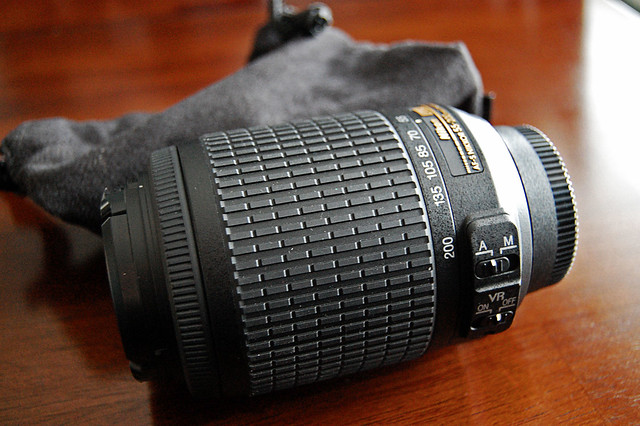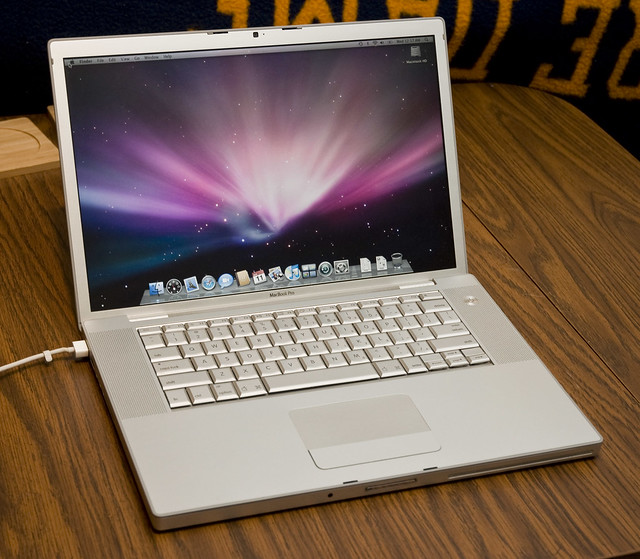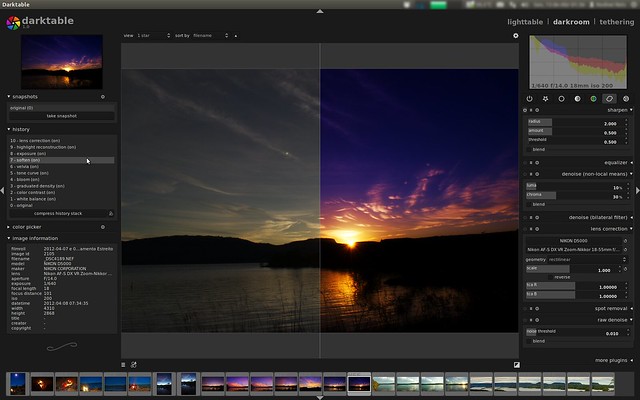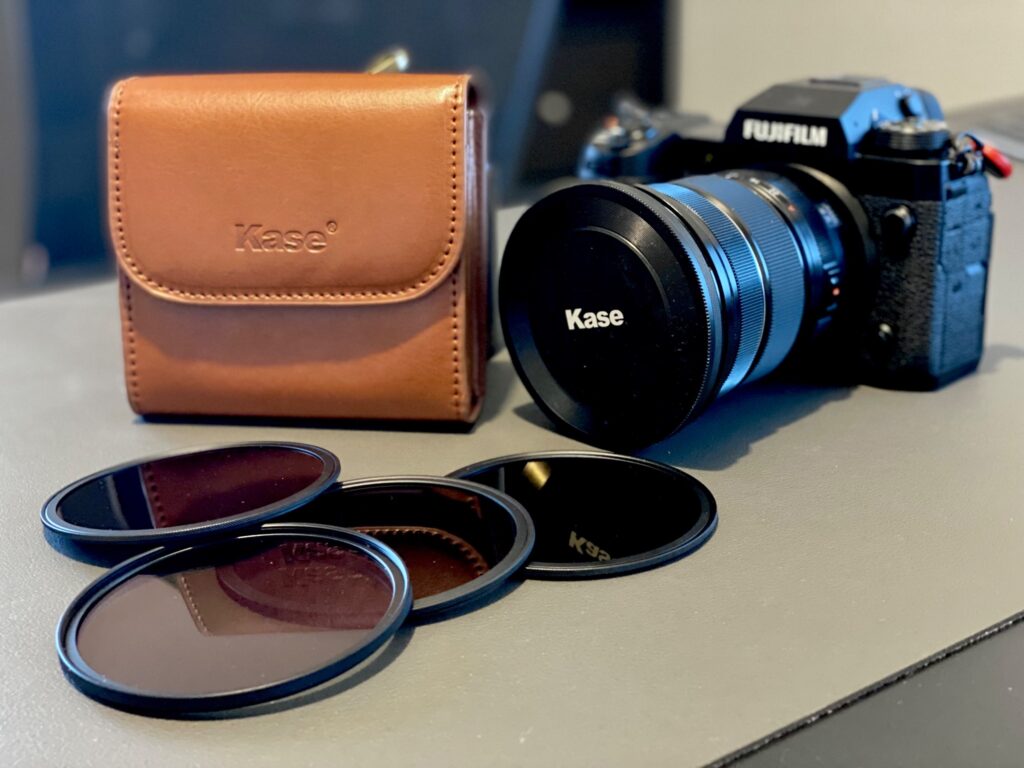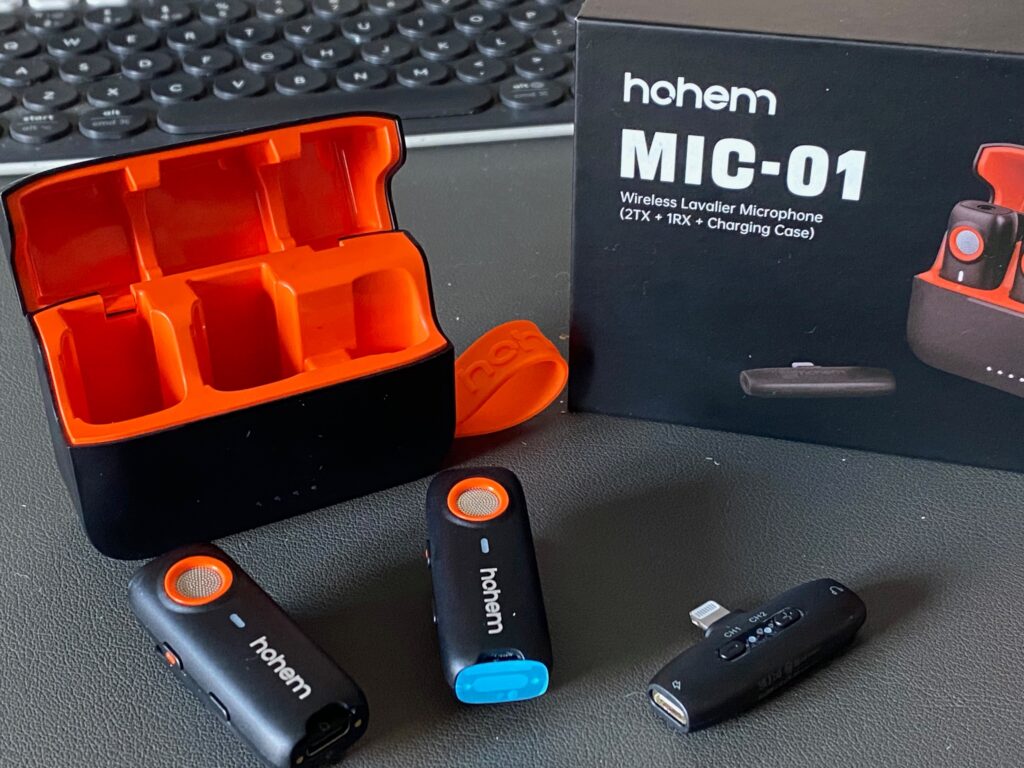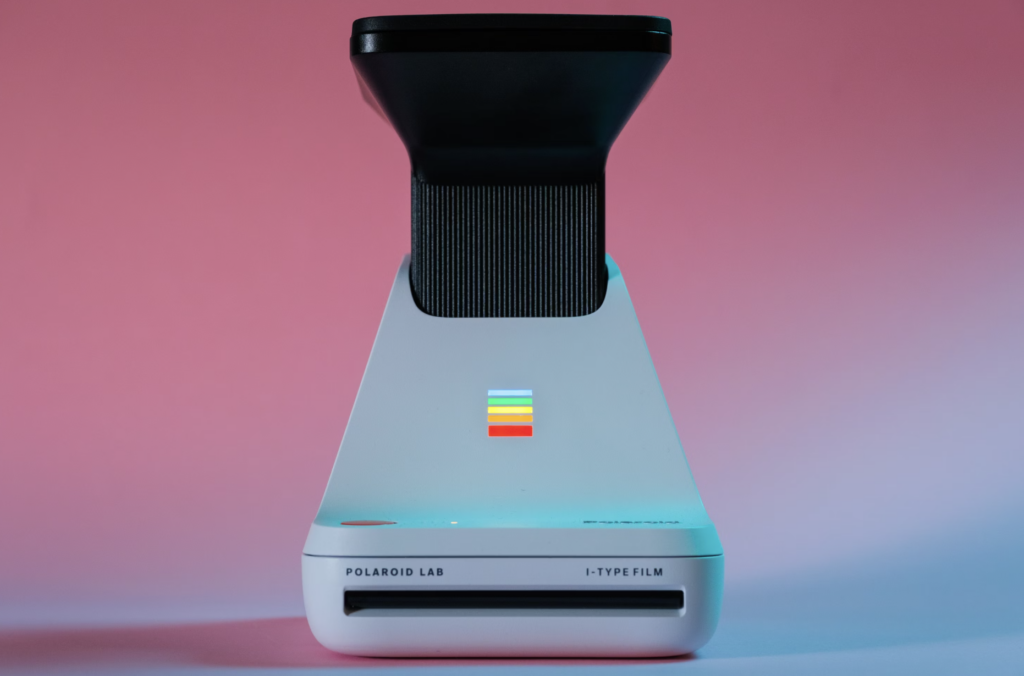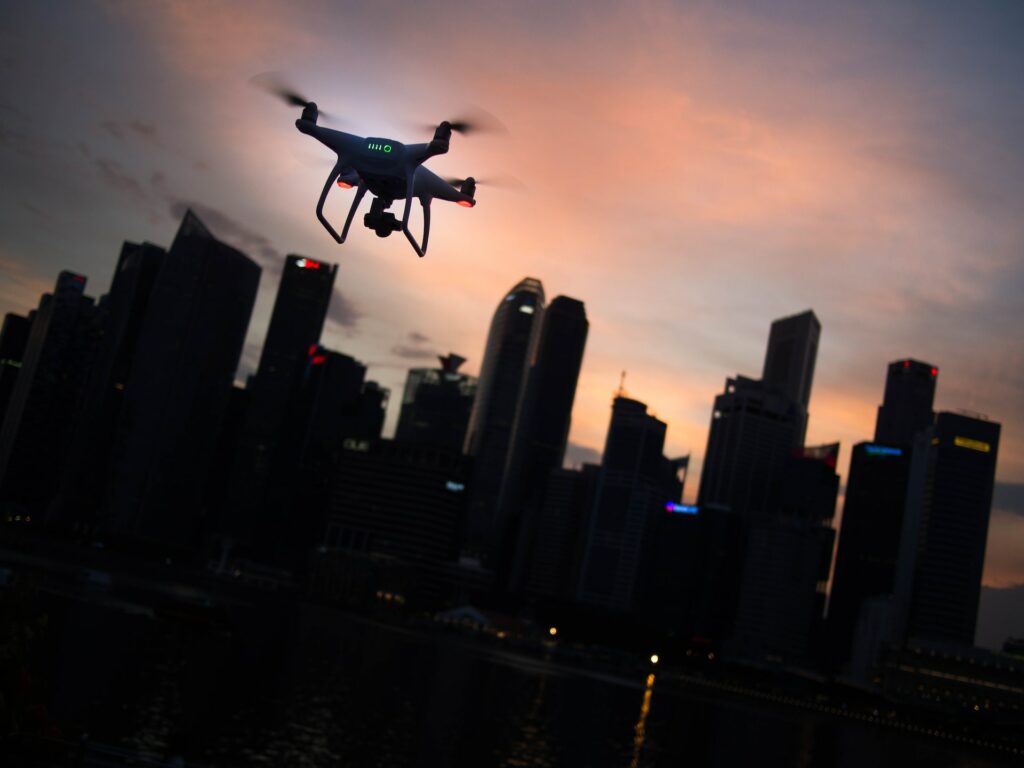Let’s be honest, photography has never been cheap, in the pre-digital age we needed to buy and process film and ironically the free digital era requires us to upgrade computers buy bigger hard drives and stay in touch with the latest tech. Or does it? Today we are going to have look at ways of continuing or expanding your hobby even on a tight budget.
Camera Equipment: In the first few years of digital photography, second hand camera went for not much less than new ones. However nowadays there is a saturated market of excellent second hand digital cameras available. Even if you like to print larger images, a camera that is a generation or two older than current will be perfectly fine. If you are lucky enough to have a good local photographic retailer then why not pay them a visit to see what they have in their secondhand selection?
If not then eBay is awash with photographic bargains. Don’t be afraid of eBay but treat it with care. Set yourself a specific budget and have an idea of what camera you want. Don’t try to get the cheapest pro level camera, spend the same amount on a good consumer level model. Pro models may well have been used by pros whereas a consumer camera will almost certainly not have taken so many shots.
When bidding on eBay, carefully look at the sellers feedback. It might not be 100%, but make sure its in the 98-100% range depending on how many items they have sold. Look at what the seller has been selling as well. Avoid sellers that have a mish-mash of different products, what you are looking for is a private seller, that has sold photographic equipment in the past. Don’t be afraid to ask questions, not only for your own satisfaction but also to test the vendors knowledge of what he is offering. Also, don’t forget to check that the camera comes with a charger and battery as well.
Secondhand lenses are also a great way of improving your kit without spending too much money. The secret here is to avoid the kit type lenses that are on sale. These are often made with cheaper materials and may not last too long. Look for the mid range lenses, the types sitting just below the professional level optics. These are, again, most likely to have been owned by enthusiasts rather than pros. They will be made of sturdier materials than the kit lenses and will have better optics. A good secondhand lens should last you many years.
The Computer: One inescapable fact is that as camera technology advances so does the computer requirements to edit the images. Turning that around though by buying an older generation camera, you are effectively reducing the limitations on your computer hardware. There are some other considerations too: We often talk about the benefits of shooting RAW but there are two significant side effects to shooting RAW, processing times and space. If you are hardware limited consider dropping back to JPEG files, you can also consider changing your JPEG compression from Fine to Normal. The chances are you will not see any great difference other than faster processing and smaller file sizes.
Hard drive space is often an issue, particularly if you are using a laptop. Again eBay can be a good option. Older secondhand USB 2.0 external drives are significantly cheaper now that USB 3.0 is firmly established. The eBay advice from above stands. The same applies for memory upgrades too. Boosting the RAM on an older computer should not be very expensive and can give some significant performance improvements.
Of course, to edit images we are going to need some software and this is one area where you can really save some money. The availability of open source (free) photographic software has never been so good. From the seminal GIMP, an excellent Photoshop replacement to Lightroom equivalents like Darktable and Rawtherapee, pretty much everything you can do with payware apps can be replicated with free software.
Learning: Lastly, none of us get any better at photography without a little study time. Fortunately, as with software, we have unparalleled access to a wealth of photographic information at click of a mouse button. From right here on Lightstalking through to the excellent tutorials around the web, you can find out much of what you need to know.
Photography does not have to be expensive but cheap does not need to be low quality. If you have a limited budget, take advantage of the saturated second hand market, bag yourself a bargain and get shooting again.
